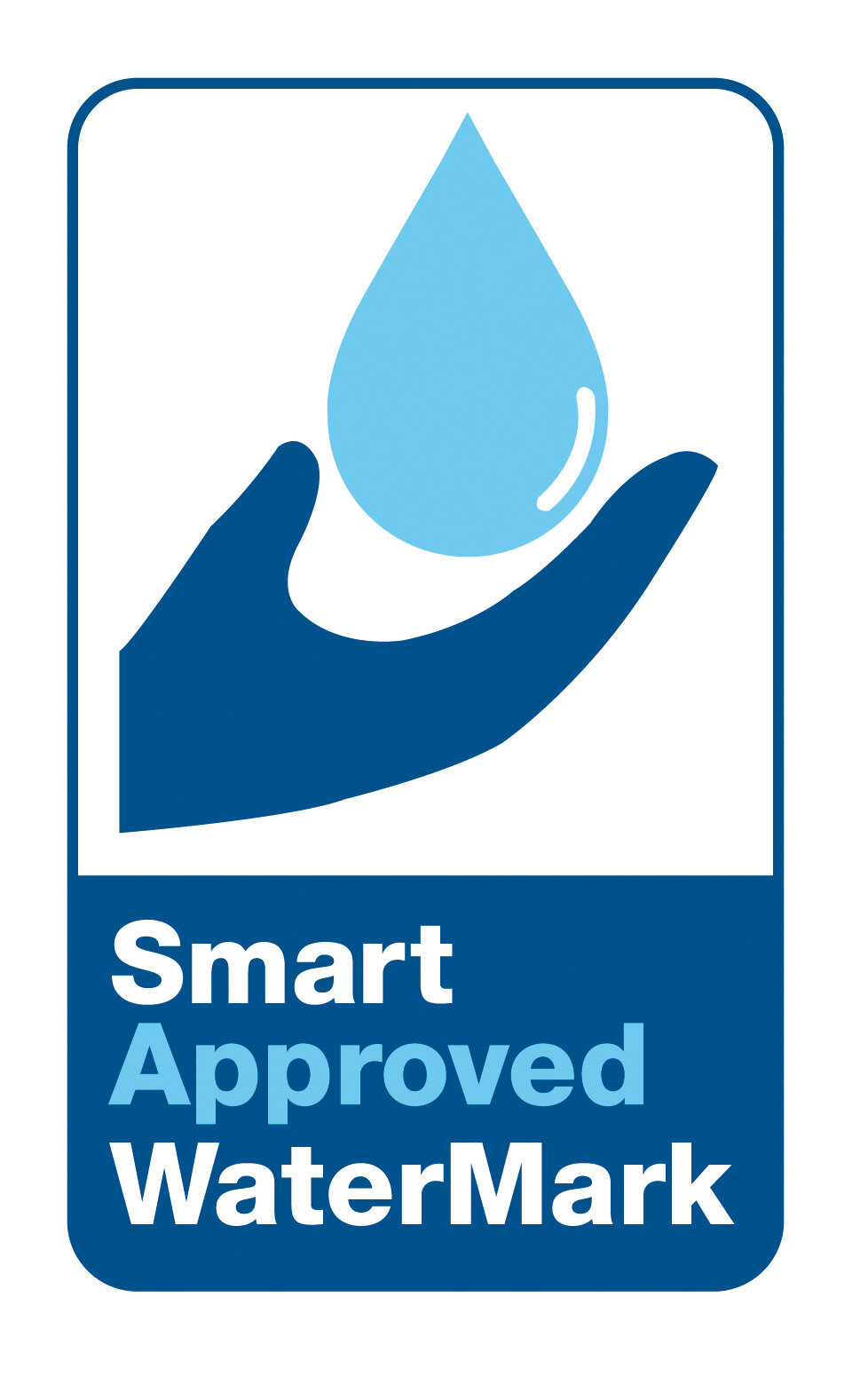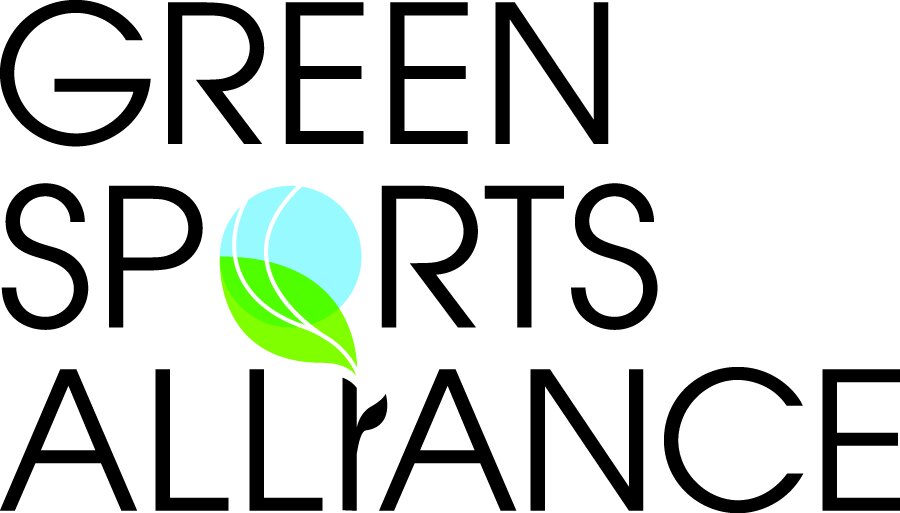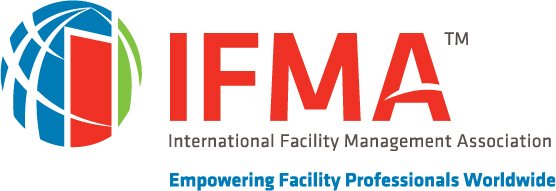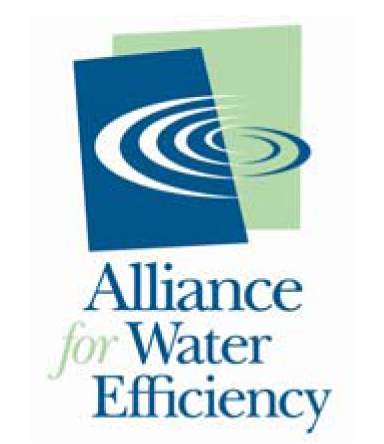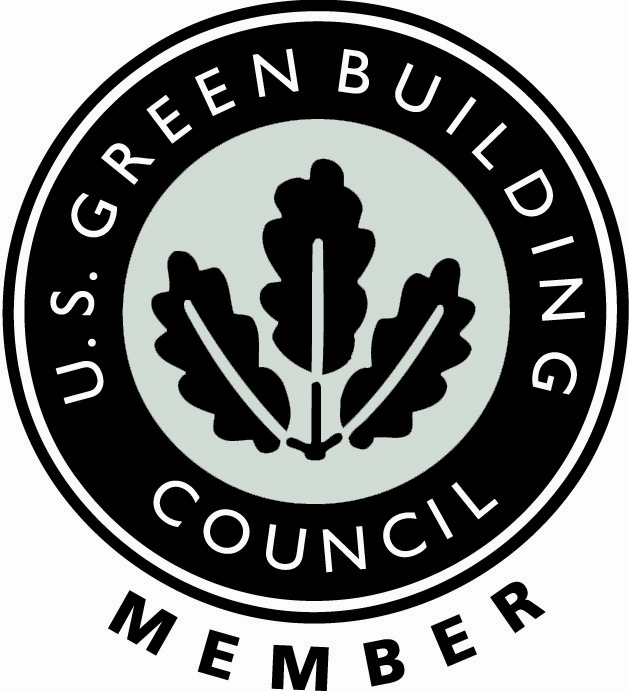The Gist:
After a scorching summer that climatologists called a harrowing postcard from the future, with record heat waves, wildfires, and droughts that dried up rivers, France is now embroiled in a widening battle over who should get priority to use its water and how.
The French government has decided to build large reservoirs around the country primarily to serve farmers during the increasingly arid spring and summer months. But what the government calls an adaptation to climate change, opponents deem it an aberration. They consider water privatization to benefit a few outdated industrial farmers.
Background:
While the competition for scarce water is usually associated with arid regions in the Middle East and Africa, Europe is not immune. Historically in France, farmers assume two out of ten will be drought years. "But today, ten years out of 10, we risk not being able to water our fields," says François Petorin, a French farmer who grows wheat, rapeseed, and sunflowers.
Happening Now:
Confrontations between farmers, the French government, and those opposed to building more reservoirs have grown increasingly ugly — a taste of the water wars predicted to worsen worldwide as temperatures rise.
Rather than forcing farmers to find less water-intensive forms of agriculture, the reservoirs will increase their water use largely to irrigate corn fields, opponents argue.
Recently, thousands of activists opposed to the latest reservoir under construction in the western region of Nouvelle-Aquitaine faced off against some 1,600 military police officers in the middle of rapeseed fields and the dried-up remains of wheat.
The normally picturesque countryside has been transformed into a scene from a dystopian novel where police officers wearing riot gear, armored trucks shooting tear gas canisters, and helicopters roaring overhead to control protesters.
Long-term Perspective
"Difficult situations like this will likely spread around the world in the coming years," says Klaus Reichardt, CEO, and Founder of Waterless Co., Inc. (www.waterless.com)
"There are no easy answers; the best way to address temporary water shortages, multi-year droughts, and aridification (a permanent climate change) is by using water more efficiently and responsibly."
Source: The New York Times, November 28, 2022




